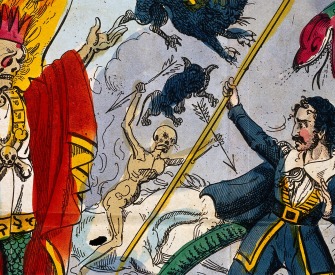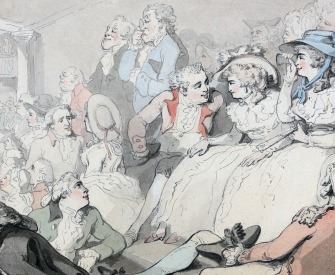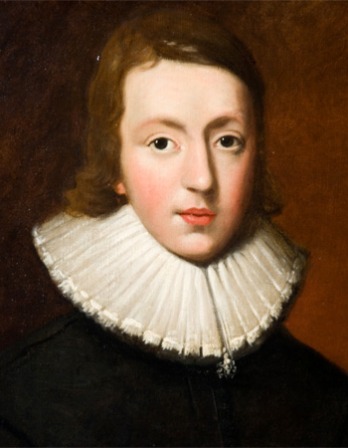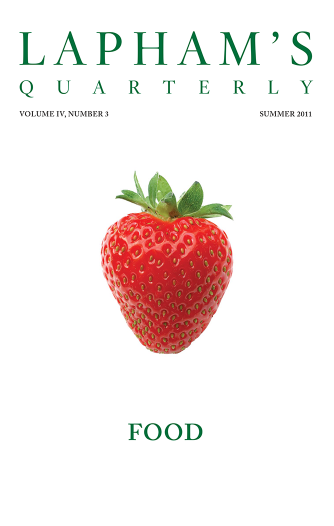Language, color, form, and religious and civil habits of action are all the instruments and materials of poetry; they may be called poetry by that figure of speech which considers the effect as a synonym of the cause.
But poetry in a more restricted sense expresses those arrangements of language, and especially metrical language, which are created by that imperial faculty, whose throne is curtained within the invisible nature of man. And this springs from the nature itself of language, which is a more direct representation of the actions and passions of our internal being, and is susceptible of more various and delicate combinations than color, form, or motion, and is more plastic and obedient to the control of that faculty of which it is the creation. For language is arbitrarily produced by the imagination and has relation to thoughts alone, but all other materials, instruments, and conditions of art have relations among each other, which limit and interpose between conception and expression. The former is as a mirror which reflects, the latter as a cloud which enfeebles, the light of which both are mediums of communication. Hence the fame of sculptors, painters, and musicians, although the intrinsic powers of the great masters of these arts may yield in no degree to that of those who have employed language as the hieroglyphic of their thoughts, has never equaled that of poets in the restricted sense of the term—as two performers of equal skill will produce unequal effects from a guitar and a harp. The fame of legislators and founders of religions, so long as their institutions last, alone seems to exceed that of poets in the restricted sense, but it can scarcely be a question whether, if we deduct the celebrity which their flattery of the gross opinions of the vulgar usually conciliates, together with that which belonged to them in their higher character of poets, any excess will remain.
From “A Defense of Poetry.” Expelled from Oxford University in 1811 and having published Queen Mab two years later, Shelley abandoned his wife and child in 1814, eloping with Mary Wollstonecraft Godwin. During a summer in Geneva with Lord Byron and his wife in 1816, he composed “Hymn to Intellectual Beauty” and “Mont Blanc,” while she began Frankenstein. Shelley drowned at the age of twenty-nine in 1822, a volume of John Keats’ poems in his pocket. His “Defense of Poetry” was not published until 1840.
Back to Issue




